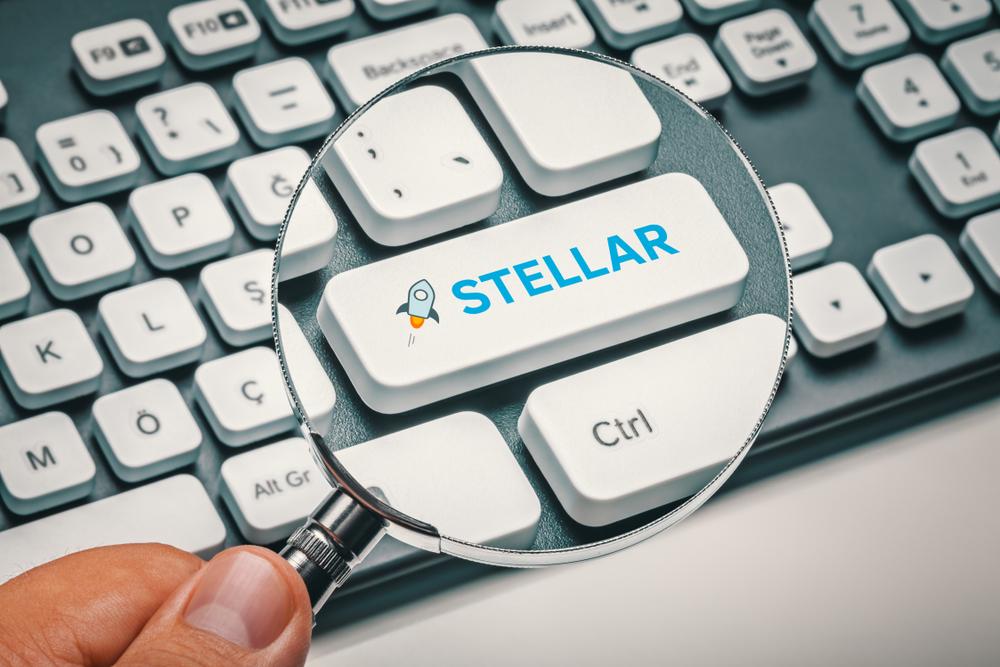- Securrency has launched a pilot project that simulates a marketplace that complies with regulations of various international jurisdictions.
- The marketplace uses the Stellar network to process transactions in real time at low cost.
The SEC’s upcoming lawsuit against Ripple shows that opaque and lacking regulatory frameworks in the financial industry can block innovation. Although prudent financial market regulation fosters a vibrant and competitive ecosystem, the ever-faster development of new technologies puts constant strain on regulatory frameworks and regulators.
However, to create a marketplace that meets various requirements of international jurisdictions, IT security company Securrency has launched a pilot project at the request of securities regulators that can be flexibly designed and thus adapted to the legal frameworks of different countries. The marketplace is said to have the ability to build into the asset itself sets of rules that define applicable securities regulations, holding periods and exclusions of multiple jurisdictions.
Furthermore, these rules should be automated for primary as well as secondary cross-border market transactions without the need for further adjustments. The pilot project relies on the Stellar Lumen network to process cross-border transfers and implement the legal requirements. Here, it is possible for issuers of digital assets to integrate self-executing regulatory policies into a given securities token through an intuitive plain-text interface. Securrency elaborates in detail:
Importantly, these policies are machine-readable representations of securities regulations that can be interpreted “on-chain” — through an instance of Securrency’s policy engine built directly into the Stellar ledger — and “off-chain” simultaneously for security and auditability.
The programmed policies can be reviewed by regulators worldwide and adjusted as needed. There is no need to create and issue a new token, as all regulations in the same token can be manually modified. This adaptability is a key advantage that allows companies and institutions to respond quickly to new financial market regulations.
The successful pilot demonstrated how new tokenized and regulated financial instruments with regulatory guidelines reflected in the respective tokens always comply with international jurisdictions, encouraging innovation instead of leaving a black hole of ignorance. Securrency summarizes the findings as follows:
This is a significant development with massive potential for the digital assets space and the future of finance. As demonstrated, the use of an open and interoperable compliance framework can reduce market friction, reduce legal and compliance costs, generate greater transparency and consistency in the application of certain securities laws, provide for enhanced regulatory oversight and reduced fraud and market manipulation, and expand global access to capital and investment opportunity.
In the coming months, additional features such as investor registration and qualification, custody functions of tokenized securities, a clearing and settlement functionality, interactions between transfer agents, brokers and other interactions, and reporting requirements and disclosures will be tested.
More and more companies are turning to Stellar blockchain
As Crypto News Flash previously reported, the number of companies using the Stellar Blockchain and XLM token has grown to over 250 this year. Stellar provides a versatile infrastructure to process cross-border payments cheaply and quickly. Most recently, the Stellar Development Foundation announced the launch of the USDC stablecoin on the Stellar Blockchain in February 2021.
Recommended for you:
- Buy Stellar Guide
- Stellar Wallet Tutorial
- Check 24-hour Stellar Price
- More Stellar News
- What is Stellar?
Subscribe to our daily newsletter!
No spam, no lies, only insights. You can unsubscribe at any time.




